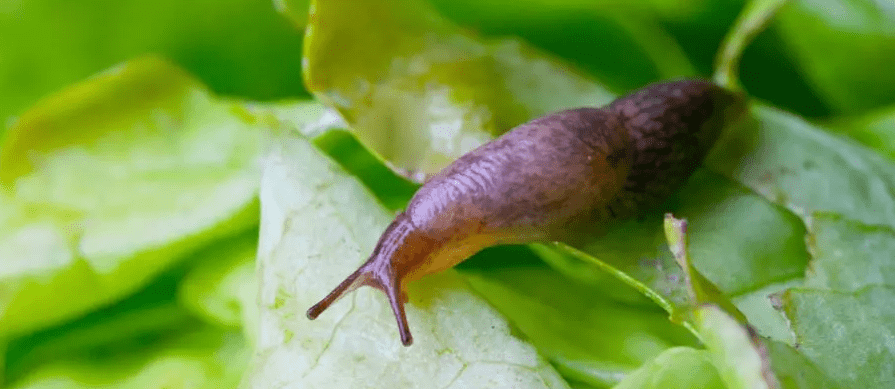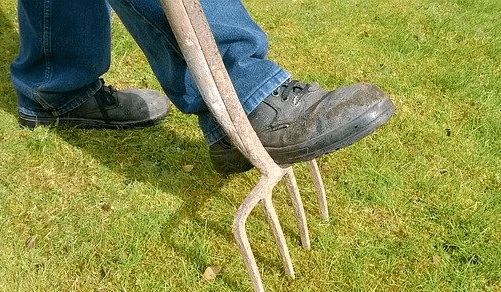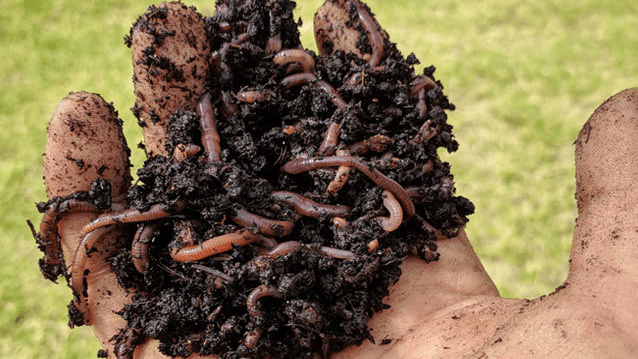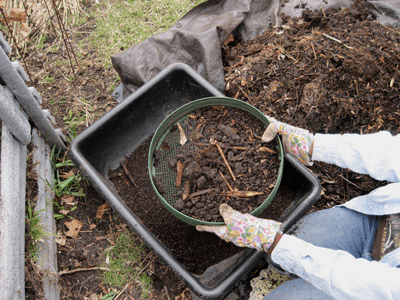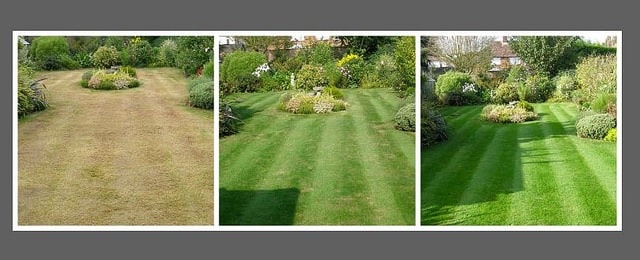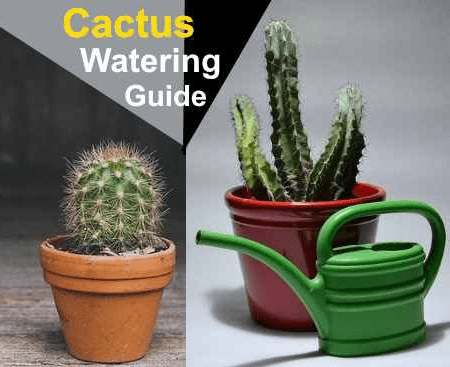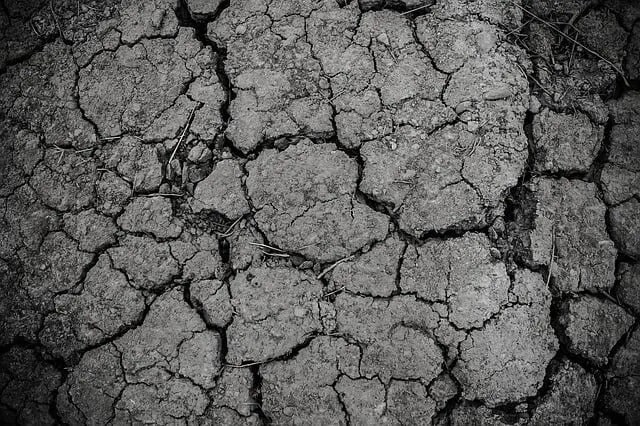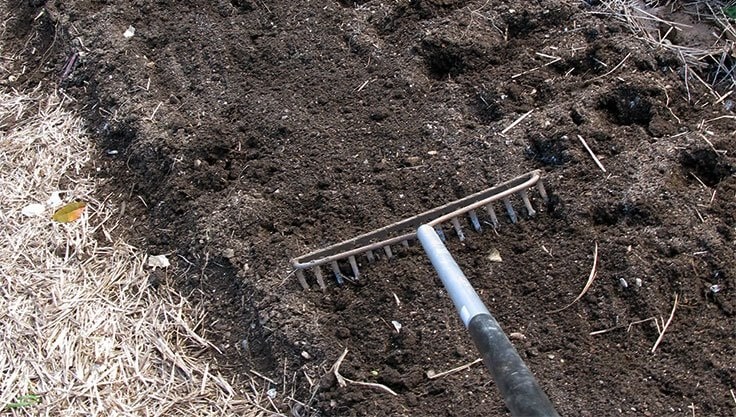Every summer, we don’t know how to maintain our garden. With the heat, the grass becomes dry, the plants wither, and despite watering nothing is done. Here are some tips to fight against the dryness of his garden in summer, with strong heat!
Contents
1) When to water your garden and how often?

Obviously, it is necessary to water more during hot weather. First of all, we must feed them as much as possible and always at the same frequency so that our garden is used to it. Secondly, doing this in the evening is more astute, because they can absorb water after a hot day. This will also prevent the water from evaporating too quickly without them being able to enjoy it. Thanks to this, they are invigorated and ready for the new heat as soon as the sun rises. It is also recommended to use an in-ground watering system in order to benefit from a better hydration for your plantations.
2) Mulch your garden soil
Mulching the soil reduces the need for hydration of the plants, because it nourishes the greenery more. It also prevents the growth of weeds. It is therefore an essential and very effective element for your garden, especially since it often acts as a natural fertilizer!
3) Put as much shade as possible in your garden
Heat is a source of dryness and so is the sun. You must therefore shade your garden as much as possible to avoid high temperatures and therefore dehydration of your plants. This is very important for your green spaces! Trees and shrubs with dense foliage, a shade cloth, a parasol or a pergola covered with climbing plants are all nice possibilities.
4) Store water

Maintaining your garden requires a lot of work from the gardener, but also a lot of water. So it’s best during rainy periods to store water so you don’t use too much. Using a rainwater collector is ecological and economical, and it helps to preserve your garden from water shortage.
5) Let the grass grow and cut it long

A mowed lawn dries out very quickly! It is therefore preferable to avoid mowing during hot weather. In addition, it is recommended to cut long in order to provide shade for your plants. This will help them to dry out less.
6) Let the weeds grow

By letting the weeds grow, it will help protect the soil from evaporation. However, they should be removed just as the weeds begin to create unwanted seeds.


